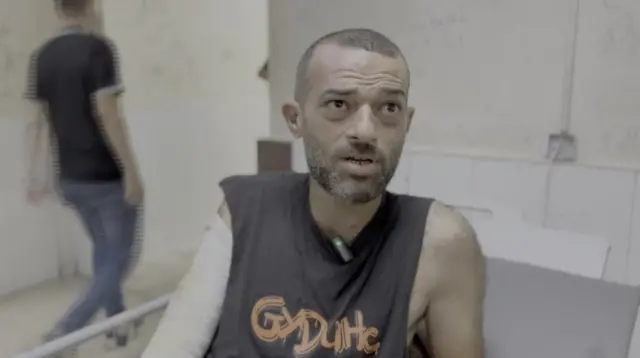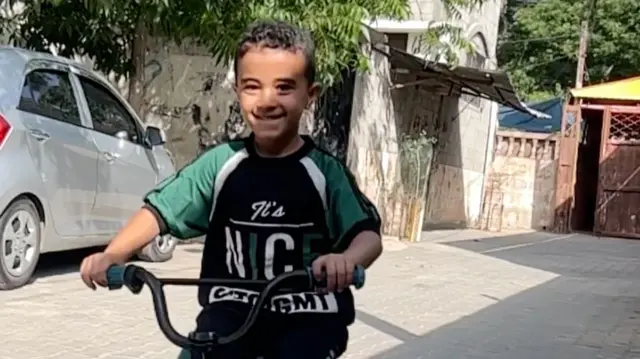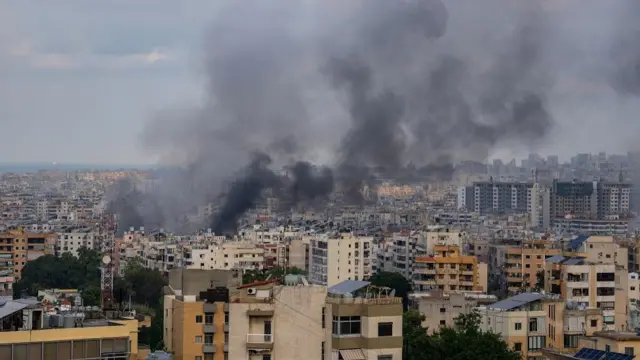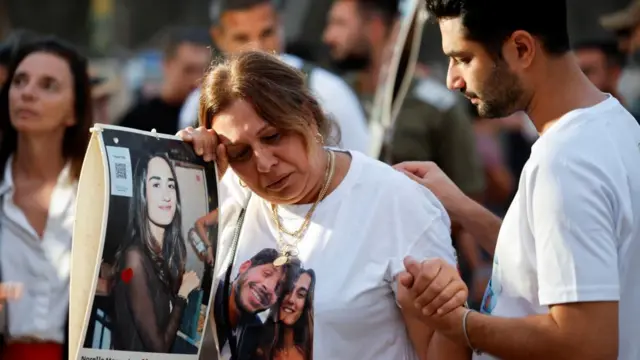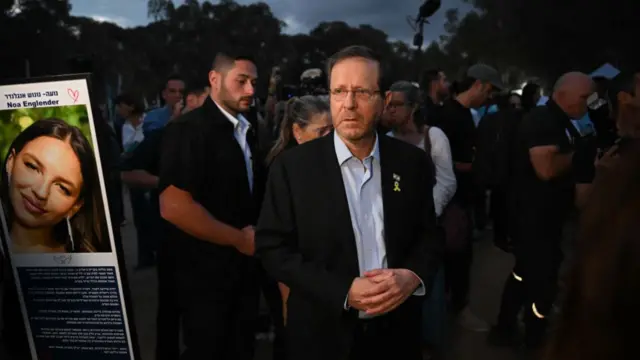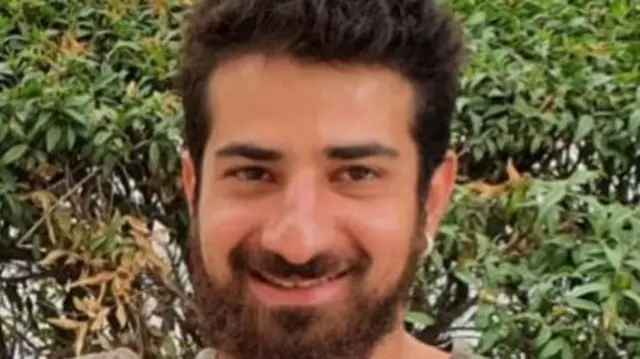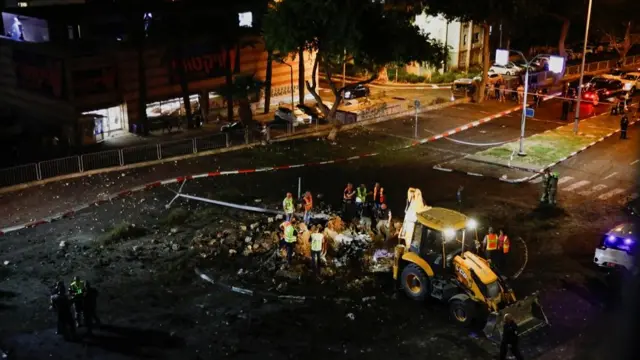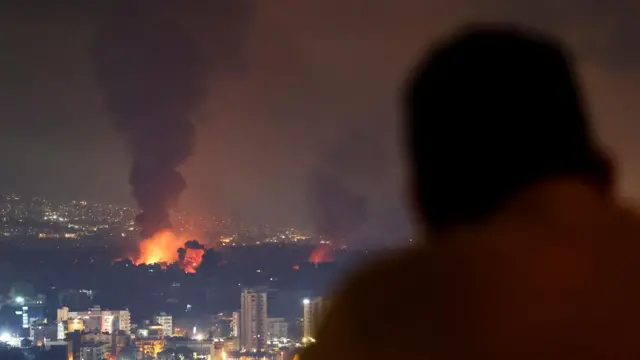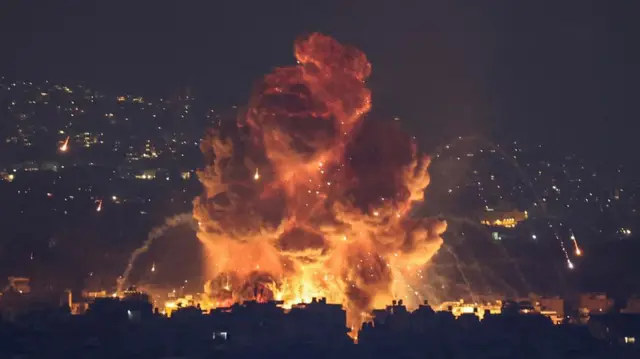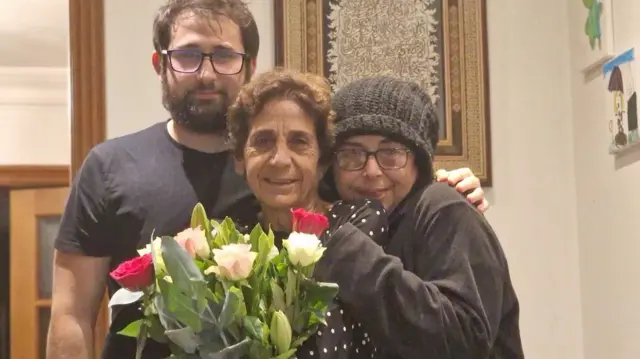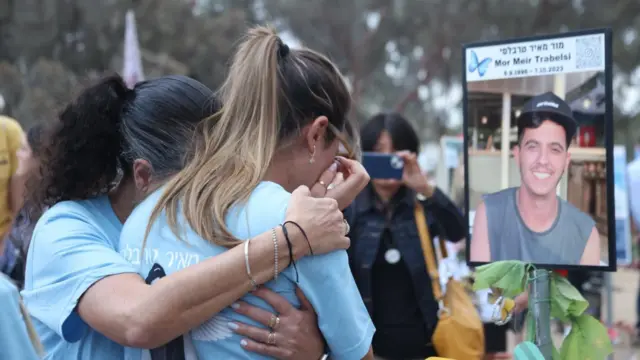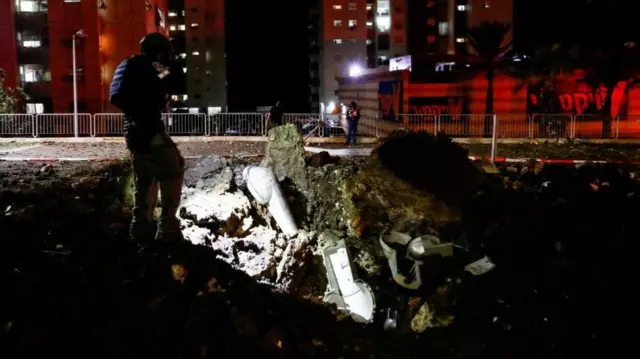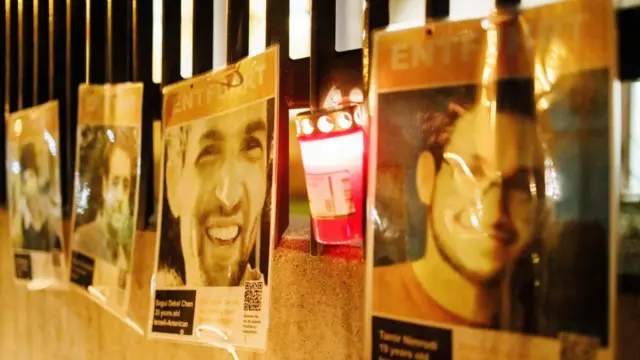We are surrounded by a ring of fire, says Israeli ambassadorpublished at 08:38 BST 7 October 2024
Israel's ambassador to the UK, Tzipi Hotovely, says her country has been in a "different place" since Hamas's attacks on 7 October last year.
Speaking to our colleagues on Radio 4's Today programme, she describes the attacks as a "watershed moment" that has left many struggling with long-term trauma.
"Our hearts are still bleeding," she says.
"This thing happened because we were surrounded by this ring of fire created by Iran that wanted to create proxies that can attack Israel simultaneously, from the north, from Hezbollah, from the east, from the south, from Hamas."
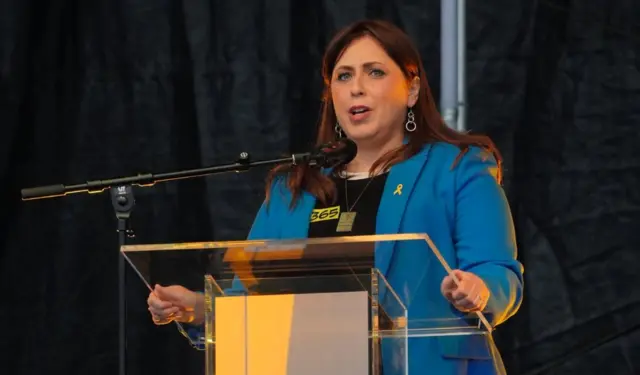 Image source, PA Media
Image source, PA Media
